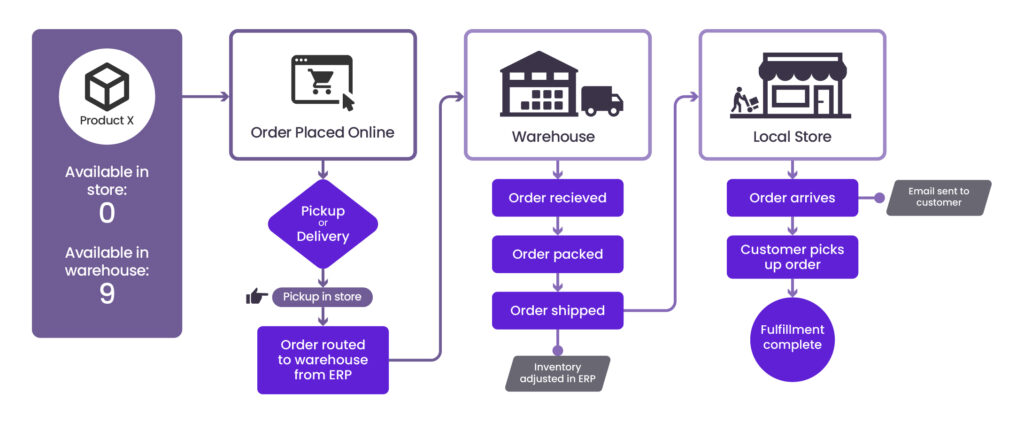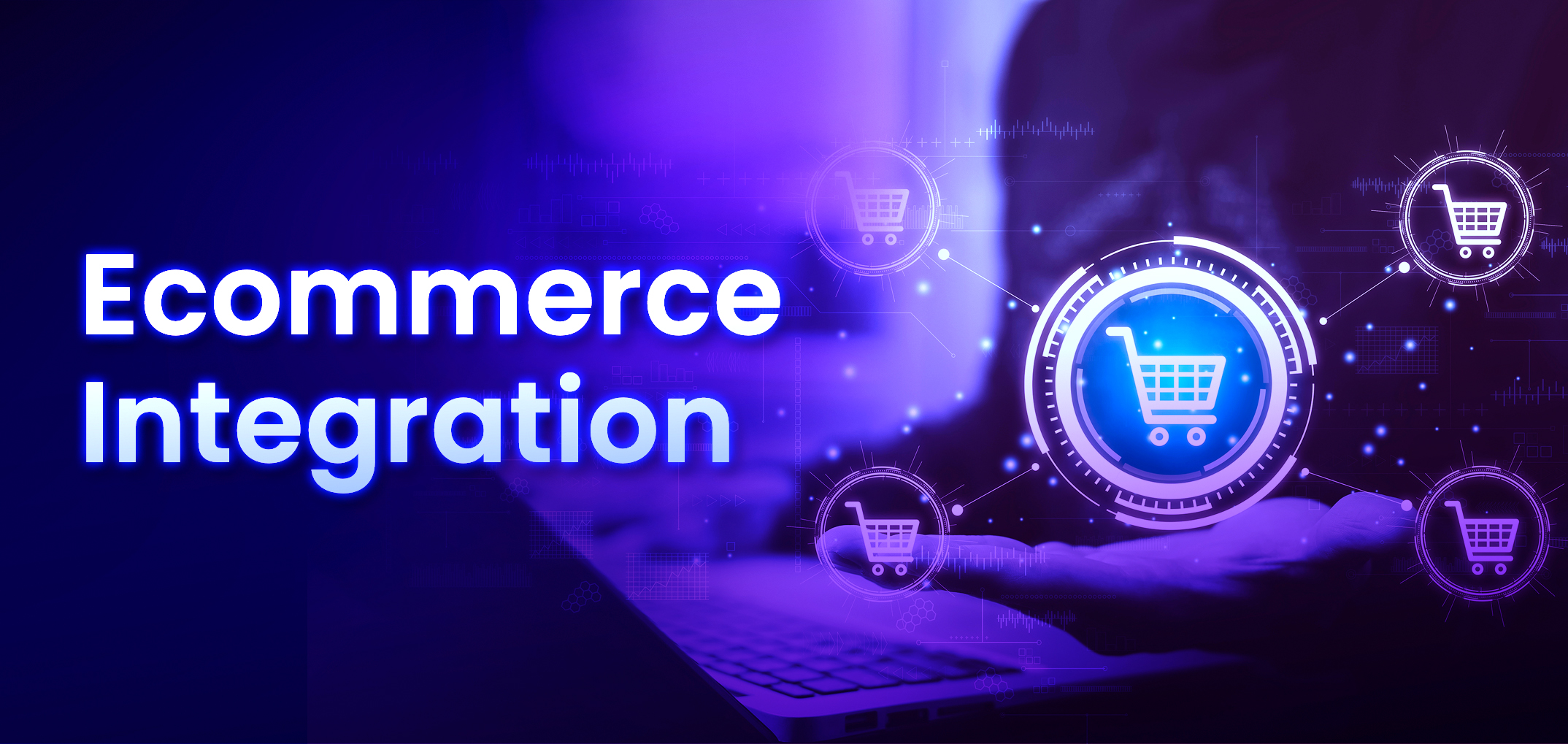By David Rastatter, Senior Director, Product Marketing
As the digital ecommerce marketplace continues to evolve, so do the expectations of online shoppers. Personalization, access to information, and instant gratification have become the cornerstones of a satisfactory shopping experience.
Today’s consumers demand more than just a transaction and an item; they crave tailored interactions that reflect their preferences, immediate access to product and shipping information, and rapid fulfillment of their orders.
In response to these evolving demands, businesses are increasingly turning to integration platforms to bridge the gap between customer expectations and ecommerce operational capabilities.
Why? By connecting their storefronts (ecommerce platforms) with ERP (Enterprise Resource Planning) systems, companies can unlock many benefits. From gaining access to trustworthy data that informs personalized shopping experiences to accelerating order and inventory processing for faster fulfillment, integration platforms offer a pathway to meeting and exceeding customer expectations.
In this blog, we uncover how commerce integration can digitally transform businesses. By seamlessly connecting ecommerce platforms, such as Shopify, with ERP systems like NetSuite, businesses gain visibility of buying journey data points, ensuring a gratifying shopping journey from beginning to end. For the purposes of this blog, we will use Shopify as an example of an ecommerce platform and NetSuite as an example of an ERP system as we illustrate the benefits of ecommerce integration.
Personalization and customization
Shopify and NetSuite integration transforms how businesses personalize and customize experiences, enabling them to be more proactive than reactive when engaging with customers. By seamlessly synchronizing customer data, order history, and product information between systems, businesses can access data that provides them with a holistic view of each customer’s journey.
Additionally, businesses can tap into a wealth of customer and product data stored in NetSuite and historical data from Shopify to craft highly personalized shopping experiences. From tailored product recommendations to targeted promotions, businesses can engage customers in meaningful ways, building loyalty and driving sales. This level of personalization not only enhances the shopping experience but also strengthens customer relationships, ultimately contributing to long-term success and growth.
Seamless experiences
By unifying ecommerce operations with ERP processes, companies can ensure the synchronization of critical data between systems, which enhances efficiency and improves customer satisfaction.
Let’s say a customer places an order on Shopify and decides to pick up the item from a physical store. Integration between Shopify and NetSuite ensures that order details are instantly reflected in NetSuite. This flow of information allows staff to promptly fulfill the order and update inventory levels across all channels in real time. Consequently, integrating these two platforms prevents stockouts or overselling products. This ensures accurate inventory records and optimizes procurement and stocking strategies.

This integration provides valuable insights into ecommerce performance, customer behavior, and operational efficiency so businesses can leverage data to identify trends, forecast demand, and implement strategies for growth.
Automating data to and from Shopify, NetSuite, and any other application eliminates manual data entry and reduces errors associated with duplicate data across systems.
Instant gratification through automation
Syncing order data between Shopify and NetSuite optimizes warehouse management and logistics, enabling quick and accurate order fulfillment.
For instance, leveraging NetSuite’s inventory management capabilities helps determine the best fulfillment location based on inventory availability and customer shipping preferences. Customers can select shipping preferences on the Shopify storefront, which are then synced back to NetSuite for fulfillment. This automation enables businesses to meet customer expectations for fast and flexible delivery with efficiency and accuracy, while also saving time and resources that can be directed to strategic initiatives.
Why iPaaS for ecommerce?
The integration of Shopify and NetSuite through iPaaS (Integration Platform as a Service) offers businesses a streamlined and efficient solution that simplifies operations and facilitates growth.
With an iPaaS solution, businesses can seamlessly connect Shopify and NetSuite, eliminating the complexities of manual data entry and the need for custom integrations. This streamlined approach not only saves time and resources but also reduces the likelihood of errors associated with disparate systems.
Additionally, iPaaS solutions are designed to be scalable, allowing businesses to easily add new applications and scale their operations as needed. This flexibility enables businesses to adapt to evolving market trends, expand their offerings, and reach new customers. An iPaaS offering provides businesses with the agility and efficiency required to thrive in today’s dynamic business landscape.
As ecommerce businesses evolve and digitize to meet customer expectations and gain market share, personalization, seamless experiences, and instant gratification are key.
Linking ecommerce platforms to ERP systems offers transformative benefits that deliver personalized experiences, streamline operations, and ensure efficiency. Integrating through an iPaaS reduces errors and provides scalability. Embracing ecommerce integration unlocks growth opportunities, enhances satisfaction, and ensures competitiveness in today’s digital landscape.



